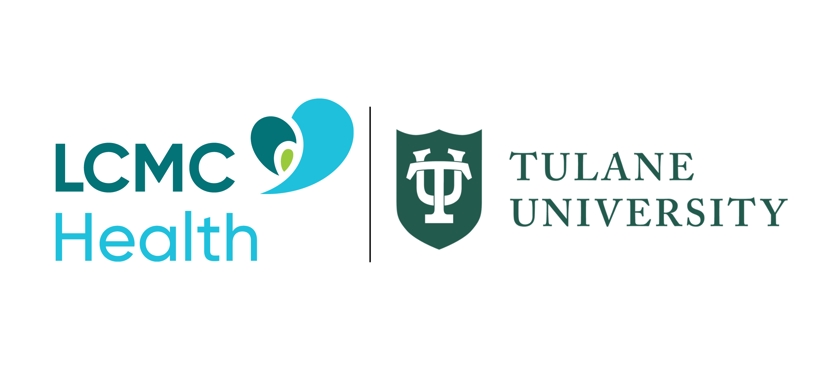Free your mind: How to get the most out of therapy
- Category: Behavioral Health
- Posted on:

If a friend came to you feeling anxious, depressed, scared or stressed, you wouldn’t neglect them or dismiss their feelings. We need to treat ourselves the same way. After all, when your mental health suffers, you can’t live the life you want.
Positive mental health allows you to realize your full potential, cope with the stresses of life, work more productively and make meaningful contributions to your community.
Negative thoughts and feelings can affect every aspect of your life, so when they begin to consume you, it may be a good time to start therapy with a professional who can give you techniques and strategies for managing these emotions.
What makes therapy most effective?
Therapy can help you understand that you are more than your thoughts and that you have the power to improve how you feel. As a result, you may be motivated to take healthy actions, whether thinking more positively, creating better relationships or expressing your emotions more appropriately.
Coming to this realization, however, is only possible if you have an open relationship with a therapist who allows you to feel safe. In psychology speak, this is often called a “purposeful collaborative relationship” or a “therapeutic alliance,” and it involves you and your therapist working together to achieve your personal goals.
The most effective therapy is administered by professionals who can form bonds with their patients and help their patients accept treatment plans. Therapists should also be able to recognize and chart their patients’ progress over time and be willing to address any issues that might impede their progress.
Having those difficult conversations
While rooted in a healthy, connected relationship with your therapist, effective therapy also requires you to feel comfortable enough to open up about difficult topics.
If you haven’t yet connected with a therapist, you can try discussing these hard-to-talk-about subjects with a close, trusted friend or family member first. This trial run can help you gauge how much you’re willing to discuss and learn how talking about these issues affects you. When you see your therapist, you’ll already know how much information you’re comfortable sharing. Then the therapist will help you work through these deeper issues little by little.
Your therapist may use terms or offer advice you don’t understand, so feel free to ask for clarification. Also, take notes whenever possible. It’s important to fully understand what your therapist is telling you and be able to reference conversations and breakthroughs after your therapy sessions have ended.
3 Tips for getting the most out of your first therapy session
You may feel intimidated or uncomfortable during your first therapy appointment. For many people, this first session feels like a get-to-know-you meeting that doesn’t delve into the reason you scheduled the appointment. However, they can be more than that. Try these tips from Helpguide.org to get the most out of your first session:
- Provide your mental and physical health history to help your therapist understand your past and the challenges you’re facing.
- Talk about what you hope to achieve in therapy to give your therapist goals to set for your sessions together.
- Evaluate your connection with your therapist. If you don’t feel they’re a good fit, consider trying a different therapist.
We’re here to help
LCMC’s behavioral health services have helped residents throughout New Orleans and beyond overcome anxiety, depression, post-traumatic stress disorder, eating disorders, substance abuse and more. Find a behavioral health specialist near you.

